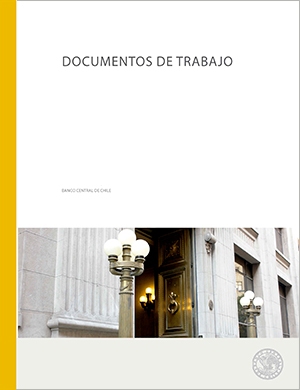Working Papers Nº 238: Chile’s Regional Arrangements: the Importance of Market Access and Lowering the Tariff to Six Percent
Publications
Working Papers Nº 238: Chile’s Regional Arrangements: the Importance of Market Access and Lowering the Tariff to Six Percent
Autor: Glenn W. Harrison , Thomas F. Rutherford
Description
Using a multi-sector multi-country computable general equilibrium model, we examine Chile’s “additive regionalism” strategy of negotiating bilateral free trade agreements with all of its significant trading partners. Chile’s agreements with “Northern” partners provide sufficient market access to overcome trade diversion costs for Chile. By lowering its tariff from eleven to six percent, Chile is able to reduce trade diversion from all its regional agreements. This converts MERCOSUR from a negative to a positive agreement. Due to preferential market access, additive regionalism is likely to provide Chile with gains that are many multiples of the static welfare gains from unilateral free trade. We find that at least one partner country loses from each of the regional agreements we consider, and excluded countries as a group always lose. Gains to the world from global free trade are estimated to be vastly larger than any of the regional arrangements.
Working Papers Nº 238: Chile’s Regional Arrangements: the Importance of Market Access and Lowering the Tariff to Six Percent
Boxes and graphics

